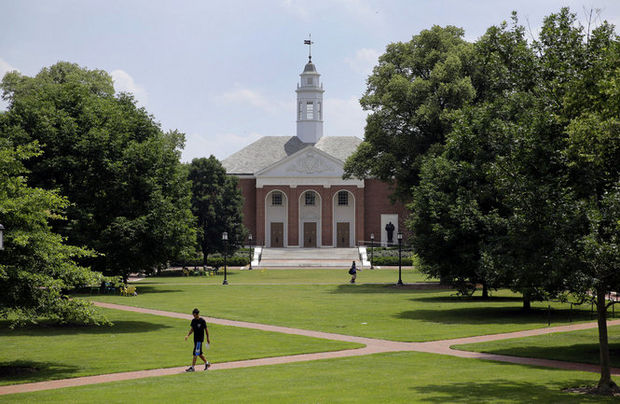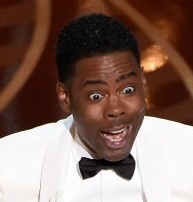- California Assembly OKs highest minimum wage in nation
- S. Korea unveils first graphic cigarette warnings
- US joins with South Korea, Japan in bid to deter North Korea
- LPGA golfer Chun In-gee finally back in action
- S. Korea won’t be top seed in final World Cup qualification round
- US men’s soccer misses 2nd straight Olympics
- US back on track in qualifying with 4-0 win over Guatemala
- High-intensity workout injuries spawn cottage industry
- CDC expands range of Zika mosquitoes into parts of Northeast
- Who knew? ‘The Walking Dead’ is helping families connect
[LA Times] Who gets into elite American universities, and why
Many of the nation’s elite universities practice what is called “holistic admissions.” Above, Johns Hopkins University in Baltimore, Md. (Patrick Semansky / Associated Press)
In May, 60 groups filed a complaint with the Justice and Education departments claiming that Asian Americans are held to a different standard — a higher standard — than other students applying for admission at elite universities. They believe that “holistic admissions” is being used as a modern-day form of racial discrimination.
I worked in admissions at the University of Pennsylvania and at Franklin & Marshall College, and I can tell you something about what goes on. Elite universities — public and private — practice what is called “holistic admissions,” a policy based on the idea that a test score or GPA does not completely reflect who a student is and what he or she can bring to a college community. It allows a college to factor in a student’s background, challenges overcome, extracurricular involvement, letters of recommendation, special talents, writing ability and many other criteria. Private schools and many public universities can include race among the characteristics they consider, as long as they don’t apply racial quotas.
In all, holistic admissions adds subjectivity to admissions decisions, and the practice makes it difficult to explain who gets in, who doesn’t, and why. But has holistic admissions become a guise for allowing cultural and even racial biases to dictate the admissions process?
To some degree, yes.

















